At Rocky Mountain Prep, we believe that investing in the best possible pre-kindergarten teachers pays dividends in the lives of our students.
Abundant research demonstrates that children who enroll in high-quality pre-kindergarten programs enter kindergarten prepared to have a successful and enjoyable experience, paving the way for future success in school.
Having taught middle school for many years before becoming a pre-K teacher, and seeing the challenges many middle school students face, I truly believe that high-quality pre-K for all has to be at the top of the list of strategies for closing the opportunity gap.
Despite this, in most places, early childhood and pre-K teachers are paid far less than elementary school teachers. A recent article in Chalkbeat painted a stark picture:
“Last year, lead preschool teachers in district-run schools made $30,500 on average, nearly $22,000 less than public elementary school teachers, according to a new report from the National Institute for Early Education Research at Rutgers University.”
That’s one key reason why, at Rocky Mountain Prep, we decided at the start of the 2018-19 school year to start paying our pre-K teachers on the same scale as our elementary school teachers. We have always paid our pre-K teachers significantly more than the area average, but until this year their pay was, on average, lower than that of K-5 teachers due to stipends and other metrics. We also wanted to acknowledge the amazing strengths of our staff, which has made our pre-K program highly successful.
It is essential to us that our pre-K staff know they are valued and that they are equal partners with our other teachers in the success of our students. We’ve always provided them with the same amount of professional development and coaching as our K-5 teachers. What better way to reinforce how highly they are valued than by paying them at the same level?
At Rocky Mountain Prep, the starting salary for a pre-K teacher is now $47,250. That’s 55 percent higher than the average pay for pre-K teachers in district-run programs in Colorado.
From our perspective, doing this is just plain common sense. For one, it helps us attract and retain the best teachers in the business. This school year, in fact, we retained 100 percent of the pre-K teachers to whom we made offers.
Another major impetus for increasing the pay of our pre-K teachers is that at RMP, we try to view everything we do through a diversity, equity, and inclusivity lens, and we wanted to acknowledge in a tangible way the value-add that all of our teachers bring to the organization. We also want all of our teachers to feel that they equally own the results at our schools.
Even before this change RMP stood out in comparison to many other charter schools, simply by virtue of offering pre-K to all our students. It’s an expensive proposition because pre-K does not receive full funding from the state. But, we believe so strongly in this investment because we have evidence that the students who go through our pre-K program achieve at a higher rate and are better prepared for kindergarten.
Creating parity in salaries did not come without trade-offs. We decided to pause any shifts to administrative or central network team salaries in order to invest in our preK-5 salaries, with pre-K teachers seeing some of the most significant increases across the board.
Paying our teachers a respectable wage also amounts to a down-payment on the future school success of our students.
Data on the success of RMP’s pre-K program bears this out. Students who attend pre-K at RMP score an average of 5 percentage points higher in both English Language Arts and Math than incoming kindergarten students who either didn't attend pre-K or attended elsewhere.
Also, students who attend the pre-K program at RMP start kindergarten an average of half a year ahead in reading compared to their peers who start here in kindergarten.
We are confident that our success will continue, and even accelerate, as we make this much-deserved investment in our pre-K teachers. We hope that the broader Denver community will continue to prioritize funding for early childhood education so that more schools can offer a more competitive wage to teachers.



